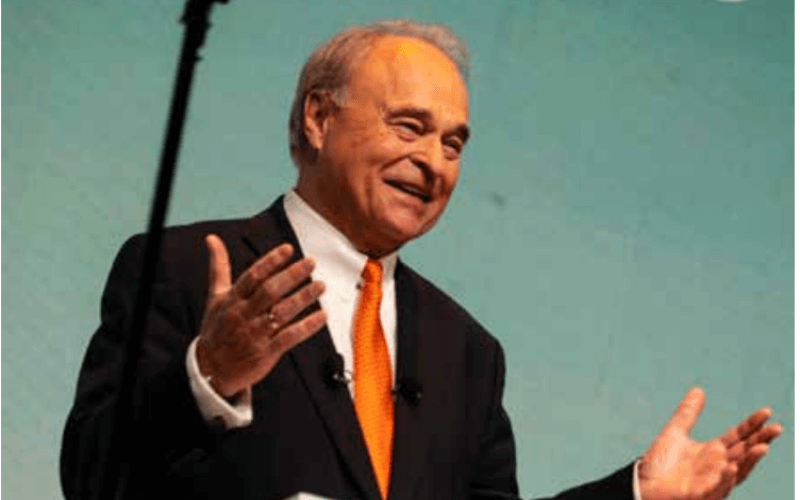The duty-free market has undergone remarkable transformations in recent decades, influenced by shifting consumer tastes, advancements in technology, and significant global occurrences. As Erik Juul-Mortensen, the long-serving president of the Tax Free World Association (TFWA), prepares to depart from his position, his reflections provide essential insights into the current landscape and future direction of this dynamic industry. This article delves into the sector's development, the obstacles it encounters, and the prospects that lie ahead, reflecting on Juul-Mortensen's remarks during his final address.
The Birth of TFWA
Established in 1984, the TFWA was conceived by two pioneers, Patrick Moniotte and Jean-Philippe Haumont. Their vision was to revolutionize the duty-free marketplace by forming a non-profit organization dedicated to advocating for the industry's interests. Moniotte, affiliated with Parfums & Beauté International, and Haumont from PPL recognized the potential of a collaborative platform to promote trade and nurture connections among brands, retailers, and consumers.
Initially, the TFWA encountered skepticism, but the founders' resolve bore fruit. The inaugural management committee was created, comprising representatives from various product categories, and they aimed to persuade brands and retailers to take part in the first TFWA exhibition held in Nice in 1985. This event was a significant landmark in the duty-free landscape, establishing a foundation for future collaboration and expansion.
Expansion of the Duty-Free Market
Over the past four decades, the duty-free and travel retail sector has transformed from a modest market generating $5 billion in revenue to a robust industry valued at over $60 billion. This growth trajectory exemplifies the sector's resilience and ability to adapt. Juul-Mortensen pointed out how the industry has navigated numerous crises, including economic downturns, geopolitical tensions, natural disasters, and health emergencies such as the SARS and COVID-19 pandemics.
In spite of these hurdles, the industry has remained strong, largely due to the surge in international tourism. The influx of travelers from nations like Japan, South Korea, and China has been pivotal in this expansion. Additionally, socio-economic trends have played a significant role. The rise of package holidays, the emergence of budget airlines, and the growing popularity of cruise travel have made tourism more accessible to a wider audience, propelling the duty-free sector to new heights.
A Tenacious Industry
The resilience of the duty-free sector is further demonstrated by its capacity to adjust to evolving consumer behaviors. Travel has become a fundamental aspect of many people's lives, and the duty-free shopping experience has adapted to this trend. Today's consumers demand convenience, quality, and personalization in their shopping experiences, and the industry has risen to meet these expectations.
Juul-Mortensen noted that the sector's ability to adapt has been a crucial element of its continued success. Even amid unprecedented challenges, such as the COVID-19 pandemic, the duty-free market has shown extraordinary strength. As travel restrictions lifted and people began traveling again, the demand for duty-free products surged, underscoring the lasting appeal of this shopping format.
The Significance of Demographics
As the industry continues to change, understanding the demographics of travelers becomes increasingly vital. The duty-free market now caters to a wide array of consumers, each with distinct preferences and buying behaviors. Baby boomers, millennials, Generation X, Y, and Z represent various consumer segments, each driven by unique motivations and values.
Juul-Mortensen stressed the necessity for the industry to evolve alongside these demographic changes. For example, millennials and Generation Z prioritize experiences over material goods, seeking meaningful interactions and distinctive offerings. This demographic shift influences product selections, marketing strategies, and customer engagement techniques.
The Surge of Personalization
A prominent trend that has surfaced in recent years is the demand for personalization. Contemporary consumers increasingly desire products that reflect their individual tastes and preferences. Consequently, the duty-free sector has responded by providing customized shopping experiences, from personalized product suggestions to tailored marketing initiatives.
Juul-Mortensen pointed out that personalization resonates particularly with younger travelers who value uniqueness and self-expression. The industry's ability to cater to these inclinations will be crucial in attracting and retaining customers in the years ahead.
Challenges on the Horizon
While the duty-free market has demonstrated remarkable resilience, it faces a variety of challenges that could influence its future growth. Geopolitical tensions, economic fluctuations, and rising sustainability concerns are among the primary issues the industry must navigate.
Geopolitical Uncertainty
Geopolitical developments can have extensive repercussions on global travel and, by extension, the duty-free market. Political instability, trade disagreements, and international relations can disrupt travel patterns and affect consumer confidence. Juul-Mortensen noted that the industry must remain alert and adaptable to these shifts, fostering relationships with stakeholders to mitigate potential risks.
Economic Variability
Economic instabilities can also impact consumer spending habits. Economic downturns may lead to decreased discretionary spending, influencing the demand for luxury items typically found in duty-free shops. The industry must continuously evaluate market trends and consumer behavior to adeptly navigate these fluctuations.
Sustainability Challenges
As awareness of environmental issues increases, consumers are increasingly seeking sustainable products and practices. The duty-free market must address these concerns by implementing sustainable sourcing methods, minimizing waste, and promoting eco-friendly products. Juul-Mortensen emphasized that adopting sustainable practices will be crucial for maintaining consumer trust and loyalty over the long term.
Opportunities for Innovation
Despite the challenges, the duty-free industry is well-positioned to take advantage of emerging opportunities. The rise of digital technology, shifting consumer preferences, and the ongoing evolution of travel present avenues for innovation.
Embracing Digital Transformation
The digital era has altered the way consumers shop and engage with brands. E-commerce, mobile applications, and social media have become integral parts of the shopping experience. Juul-Mortensen emphasized the significance of embracing digital transformation to enhance customer interaction and boost sales. The duty-free sector can utilize technology to create seamless online and offline shopping experiences, personalized recommendations, and real-time communication with customers.
Collaborations and Partnerships
Collaborative efforts among brands, retailers, and airports can also generate new growth opportunities. By working together, stakeholders can devise innovative marketing strategies, exclusive product lines, and unique shopping experiences that cater to the evolving demands of travelers. Juul-Mortensen highlighted the potential for partnerships to elevate brand visibility and customer loyalty within the duty-free realm.
Fostering Unique Experiences
Today’s travelers are increasingly in search of experiences rather than merely products. The duty-free industry can leverage this trend by curating distinctive shopping experiences that transcend traditional retail. Interactive events, product demonstrations, and immersive brand activations can create memorable encounters for travelers, enriching their overall journey.
As Erik Juul-Mortensen concludes his tenure as president of the TFWA, his insights offer a valuable framework for the future of the duty-free industry. The sector has made significant strides since its inception, showcasing resilience and adaptability in the face of considerable challenges. However, the industry must remain proactive in addressing demographic changes, geopolitical uncertainties, and sustainability issues to thrive in the coming years.
With opportunities for innovation on the horizon, the duty-free sector is primed for ongoing growth. By embracing digital transformation, nurturing collaborations, and prioritizing unique experiences, the industry can navigate the shifting landscape and remain relevant to a diverse and discerning consumer audience.
As the sector looks forward, the dedication to excellence and the spirit of cooperation that Juul-Mortensen advocated will undoubtedly illuminate the path ahead. The duty-free industry encompasses more than just products; it is about forging connections, enhancing travel experiences, and cultivating lasting relationships with consumers around the globe.



